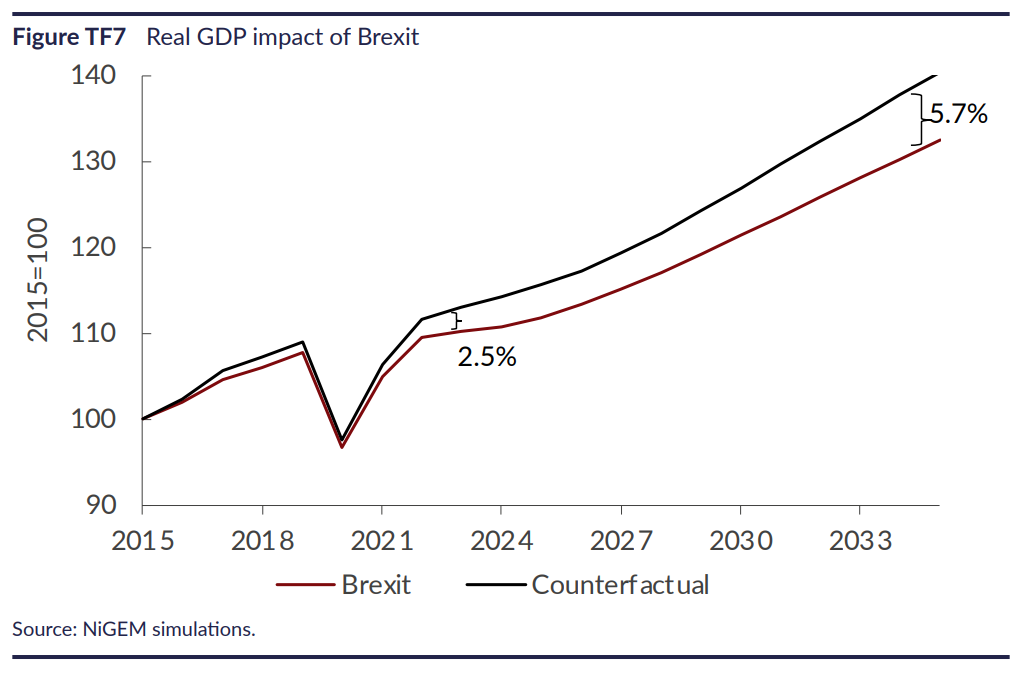In an article, Starmer prepares for parliamentary battles over imminent EU ‘reset’ bill, jessicaelgot suggested that there is movement on the “red lines”. It is clearer on reading that this is an attempt to accelerate UK agreement to the currently on-going trade negotiations by increasing the powers of the relevant ministers.
The article uses the phrase swiss-style agreement which is highly unlikely to succeed and at the best is tone deaf as to the EU’s needs and wants.
UK in a changing Europe, document what they see as the timetable and goals of the current reset negotiations.I see them as optimistic, and everyone seems to forget that the EU’s starting point is full implementation of the withdrawal agreement and Windsor framework; there remain, even 18 months after the general election, eight infringement proceedings unresolved.
It’s sort of interesting that they think they need new language, but to me, they have not yet changed their mind.
I also see this as a means by which the Government deflects the internal Labour Party pressure towards joining the Customs Union by posing, parts of, the single market as an alternative. It is disappointing to see so many seeing the Customs Union as sufficient advance, but the UK economy and people need and want membership of both, including, reciprocal, free movement of people.
Labour should join the customs union and single market now and promise to rejoin the EU in its next election manifesto.
Various news sources, including the Brussels Times, report that EU is demanding a “poison pill” clause in further agreements, to make the cost of revoking the new treaties exorbitant. This should have been proposed by the UK side, and without it negotiations would stop.
I predict they won’t until they abandon the strategy of triangulating against reform and that will take significant personnel changes in the Government.
Image: from PIxabay, their licence …










